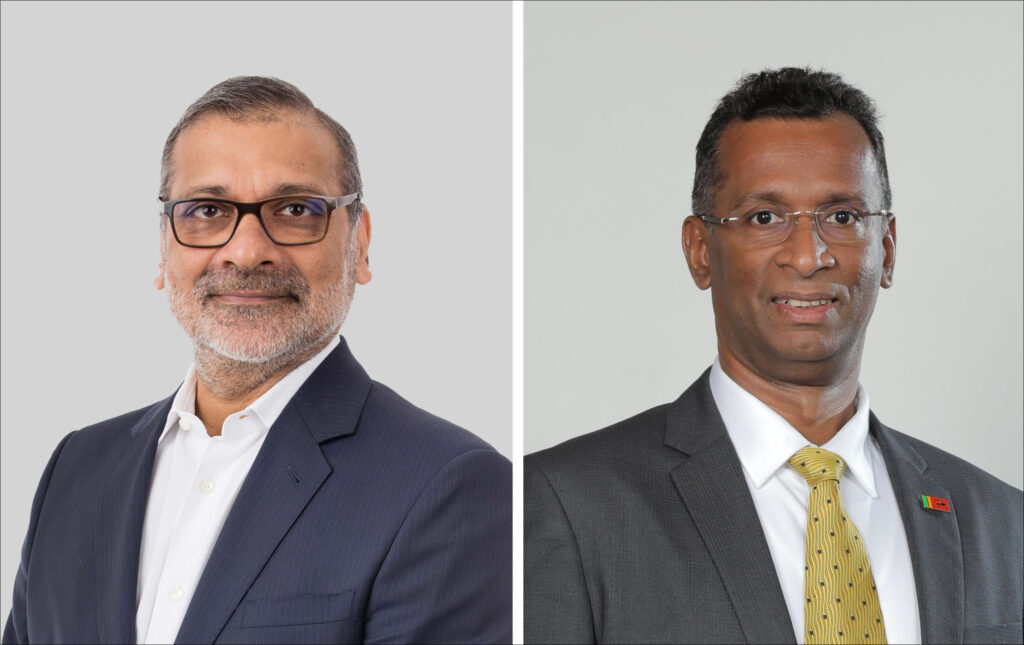
The Teejay Group, South Asia’s premier multinational textile manufacturer, reported a resilient performance for the first quarter of the 2025/26 financial year, demonstrating its operational strength and strategic agility in the face of continued global market headwinds. The Group recorded a Profit After Tax (PAT) of LKR 0.21 billion for the quarter ended 30th June 2025, reflecting a notable 31% year-on-year growth. This achievement, amid subdued global demand and currency headwinds, underscores Teejay’s ongoing focus on operational excellence and prudent financial management.
Revenue for the quarter stood at LKR 15.8 billion, marking a 2% increase compared to the same period last year. Despite a challenging industry environment, including demand contraction and fluctuating price dynamics across key export markets, Teejay sustained its topline through its diversified global customer base and continued supply chain efficiency. The Group’s Gross Profit, however, declined 3% year-on-year to LKR 1.25 billion, largely due to lower production volumes triggered by softened demand in international markets. Nevertheless, Teejay’s operational resilience helped mitigate the impact and maintain profitability.
Teejay continues to maintain a strong financial position, with cash reserves of LKR 9.4 billion and a solid net asset base that reached LKR 31 billion. The Net Asset Value (NAV) per share rose from LKR 42.20 to LKR 42.95 on a year-on-year basis, reaffirming the Group’s commitment to delivering long-term shareholder value.
Furthermore, in line with its shareholder return strategy, Teejay paid a final dividend of LKR 1.60 per share for the financial year ended 31st March 2025.
The Chairman of the Teejay Group, Ajit Gunewardene noted, “At Teejay, our unwavering focus on financial strength and disciplined capital management continues to reinforce our commitment to long-term shareholder value. The consistent annual growth in our Net Asset Value is a testament to the Group’s resilience, foresight and ability to navigate dynamic market conditions, while remaining firmly anchored to our purpose.”
Commenting further, Pubudu De Silva, CEO of Teejay Group said: “Despite persistent volatility in global markets, our focus on operational agility, lean manufacturing and strategic customer partnerships enabled us to achieve a commendable performance. We will continue to drive innovation and excellence across our operations while managing risks prudently in the months ahead.”
Looking ahead, the Group remains cautiously optimistic, particularly in light of expected changes to the Harmonized Tariff Schedule (HTS) in the US, which may affect both direct and indirect exports from Sri Lanka. Teejay’s multinational footprint, strategic brand alliances and responsive supply chain infrastructure position the company strongly to address emerging challenges and capitalise on future growth opportunities.
About Teejay Group
The Teejay Group owns manufacturing facilities in Sri Lanka and India, along with a state-of-the-art printing facility in Sri Lanka. An ISO 9001:2015, ISO 14001:2015 and OHSAS 18001:2007 compliant company and the first in the industry to develop green fabric, Teejay Lanka was also the first textile manufacturer in Sri Lanka to receive membership of the US Cotton Trust Protocol. Teejay is a publicly quoted company with 40 percent public ownership and the backing of Sri Lanka’s largest apparel exporter Brandix Lanka which has a 32 percent stake in the Company. Pacific Textiles of Hong Kong, whose key shareholder is the Tokyo Stock Exchange listed Toray Industries Inc., owns 27 percent of Teejay Lanka.
Teejay Lanka was ranked the No 1 corporate entity among 100 public listed companies in Sri Lanka for Transparency in Corporate Reporting in the TRAC 2023 assessment carried out by Transparency International Sri Lanka (TISL), the local arm of the international corruption watchdog. The TISL assessment was carried out on three areas crucial to fighting and preventing corruption: reporting on anti-corruption programmes, transparency in company holdings and the disclosure of key financial information in domestic operations.